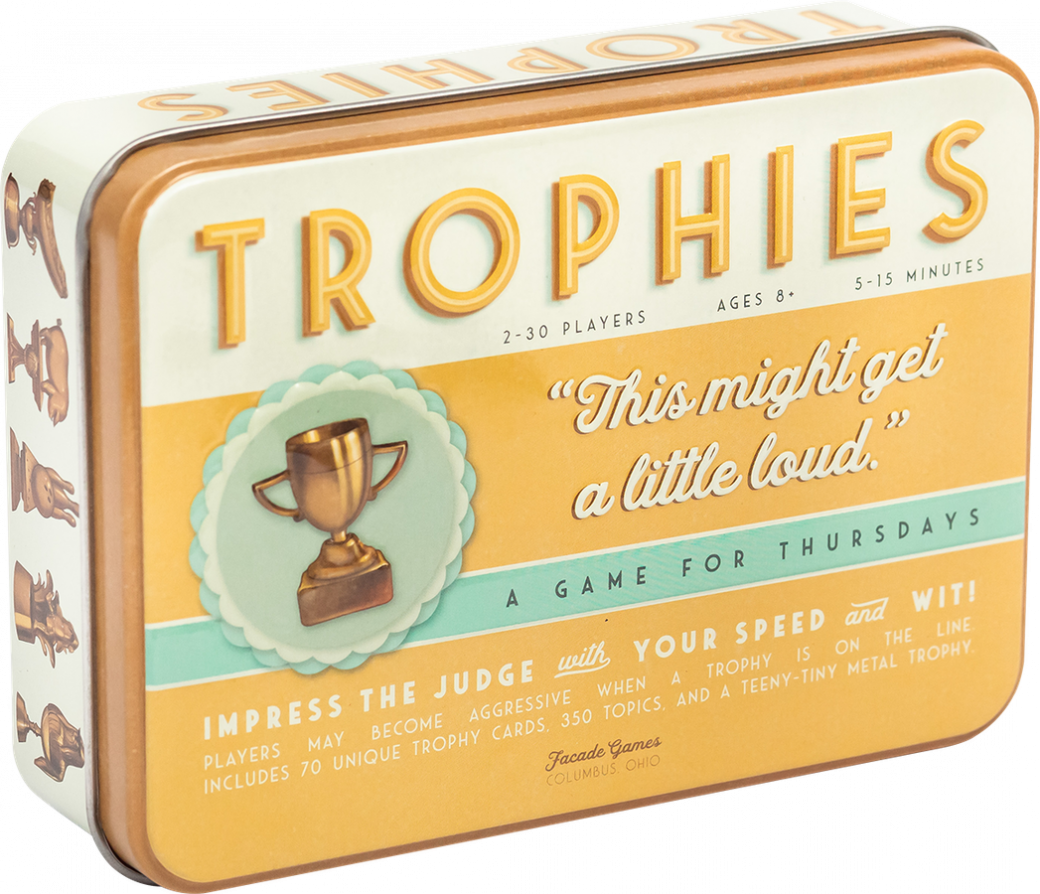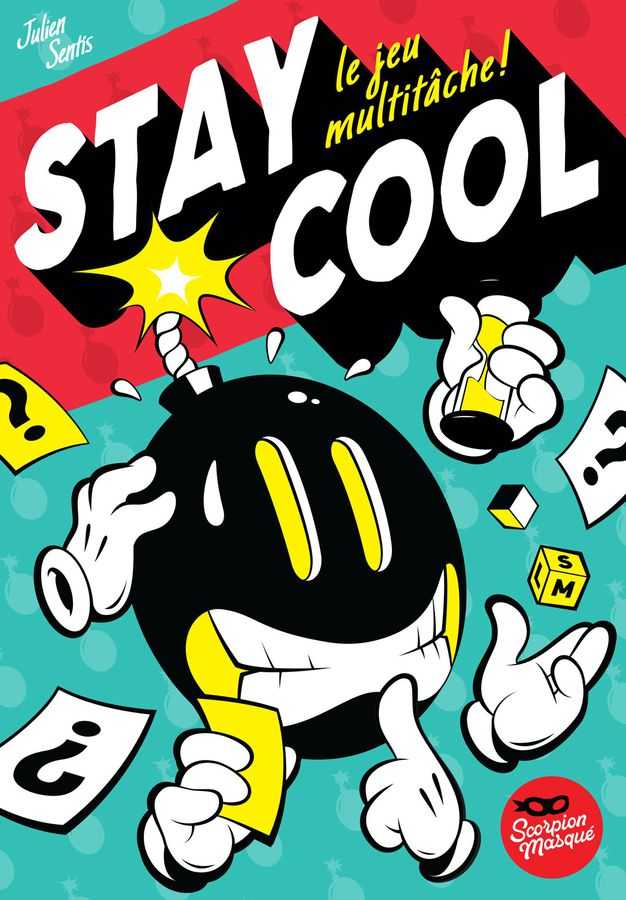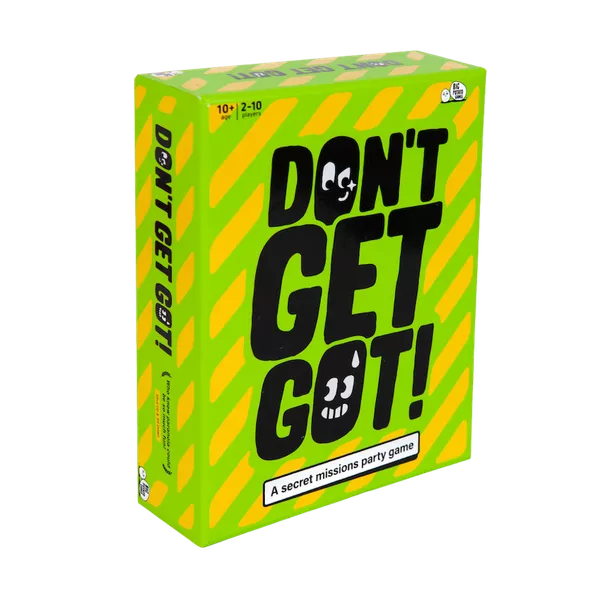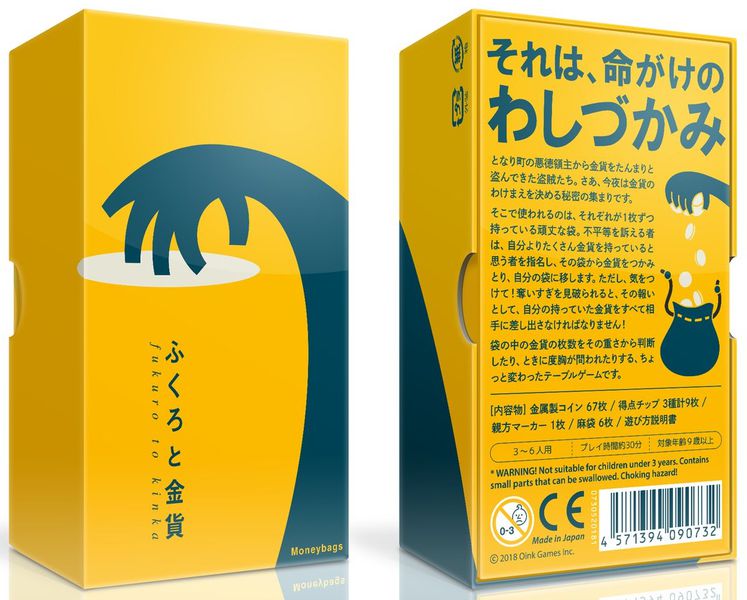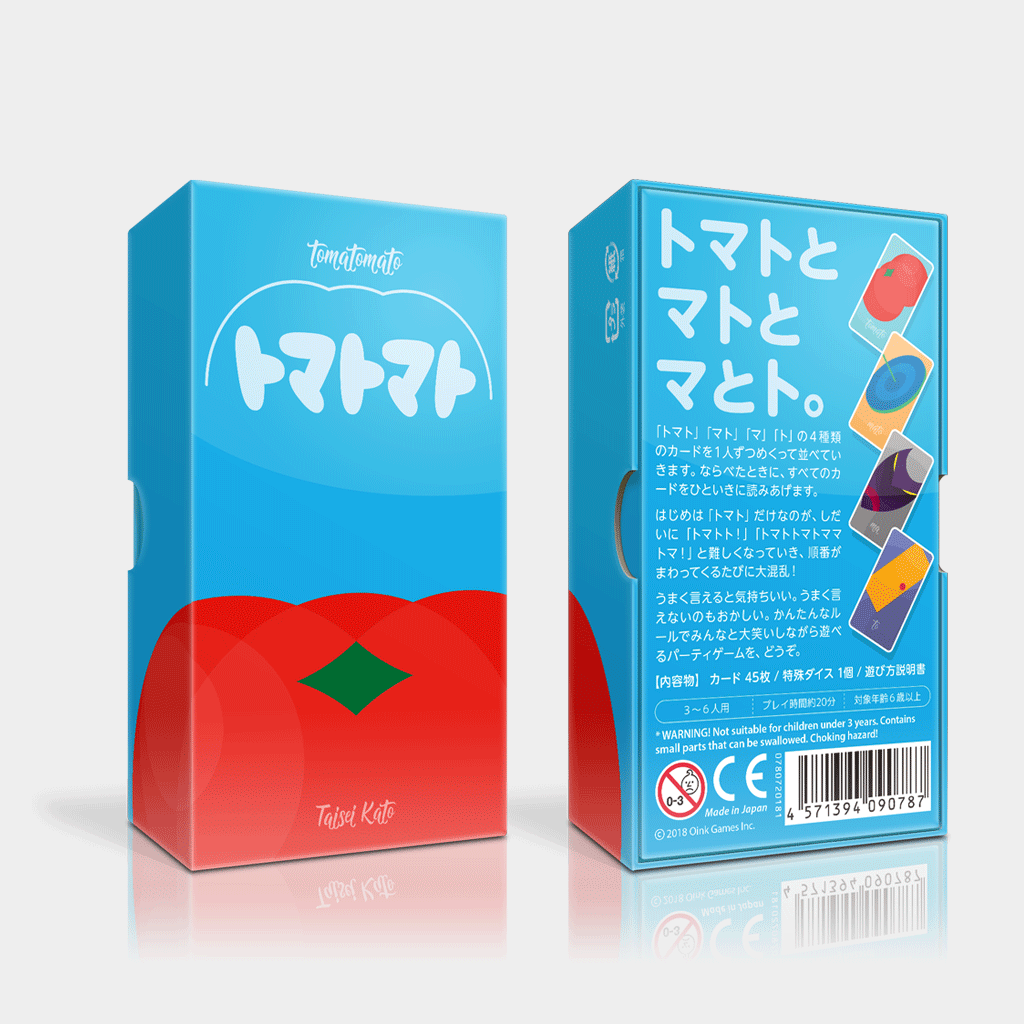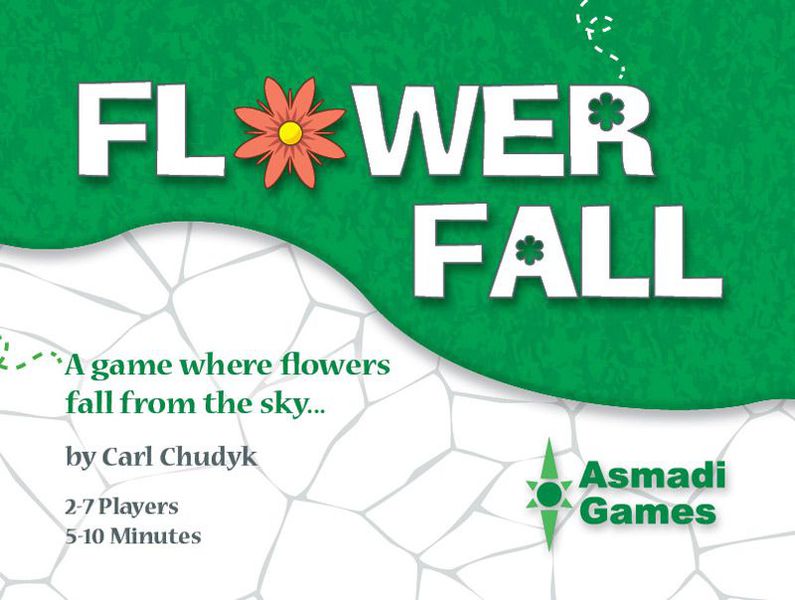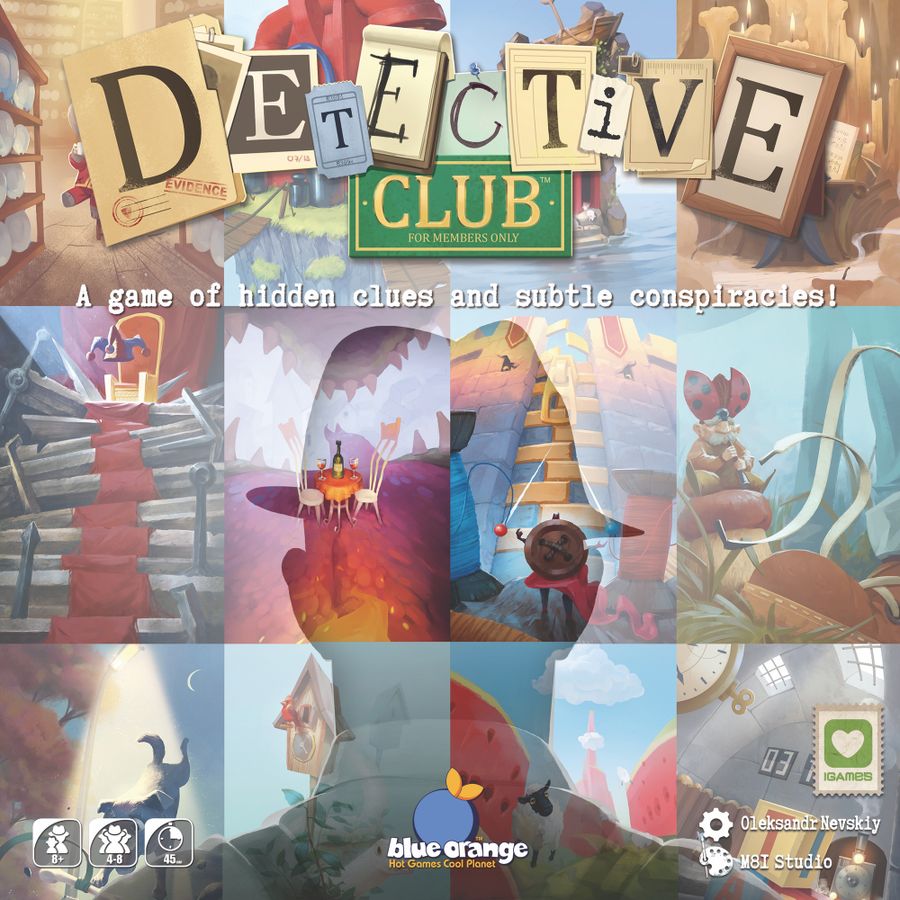Do we really have free will? Who decides this? Are we controlled by what we hear and what we see, even while thinking we decide freely? Insider is a game that deals with these questions. While communicating to others, you have to find the right answers to a quiz or find the “insider” who is manipulating the discussion. The insider will do everything to hide their identity while misleading the others.
In more detail, players are assigned roles at random. One player is the “master”, and they secretly select a word from a set given in a deck of cards. (In a variant given in the rulebook, they can freely select and write down a word.) The “insider” player, whose role is not known to the other players, will then secretly view the word. The rest of the players are known as “commons”. The commons then have approximately five minutes in which to ask the master “yes” or “no”-type questions so that they can deduce the secret word. The insider attempts to secretly lead the commons towards the correct word. If the commons fail to guess the correct word, everyone loses.
If, however, the word is correctly guessed in the allowable time, the master flips the sand timer, and the commons and master have until the sand runs out to discuss the game and deduce the identity of the insider. If they guess correctly, they win the game together; if they do not, the insider wins.
Read More
